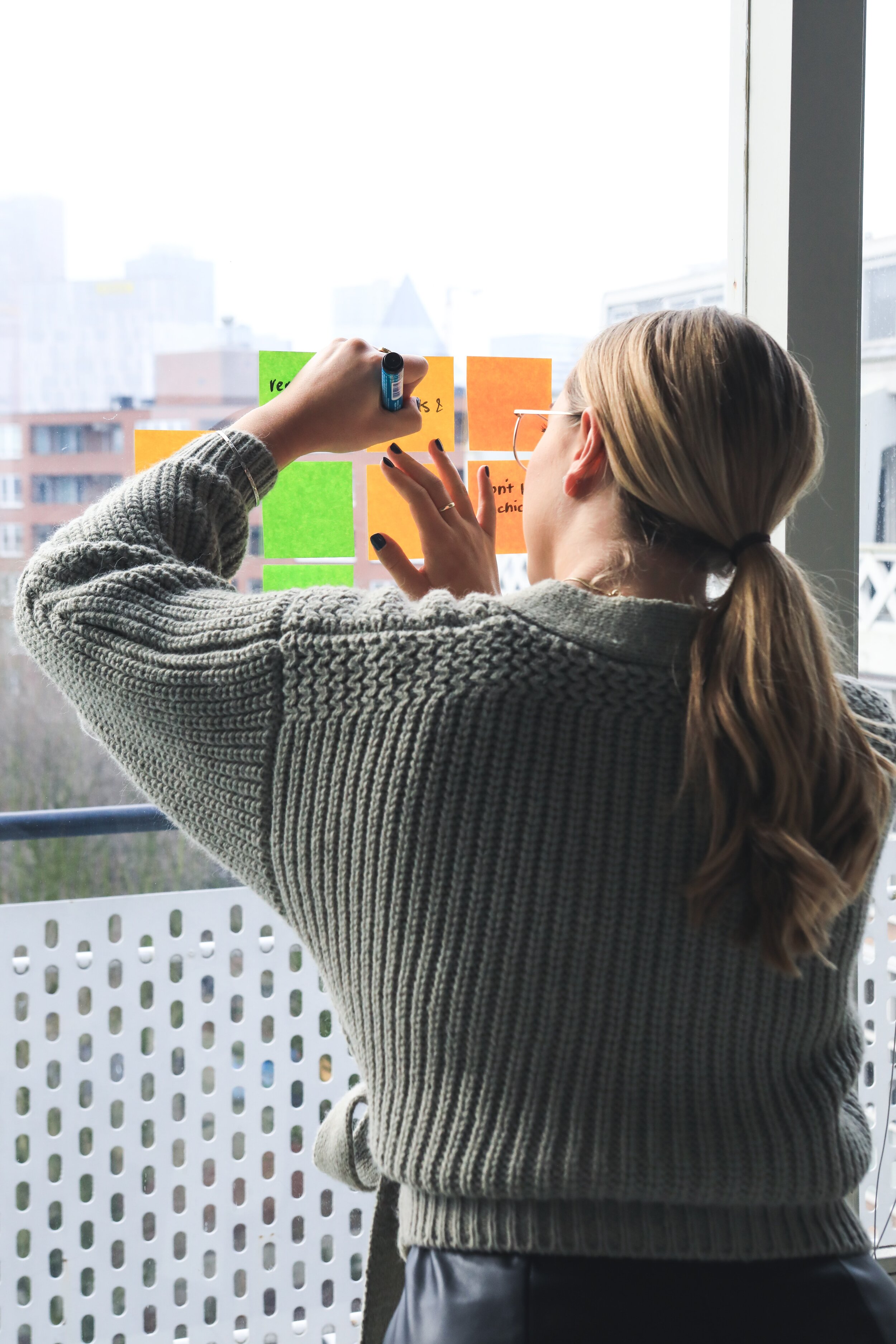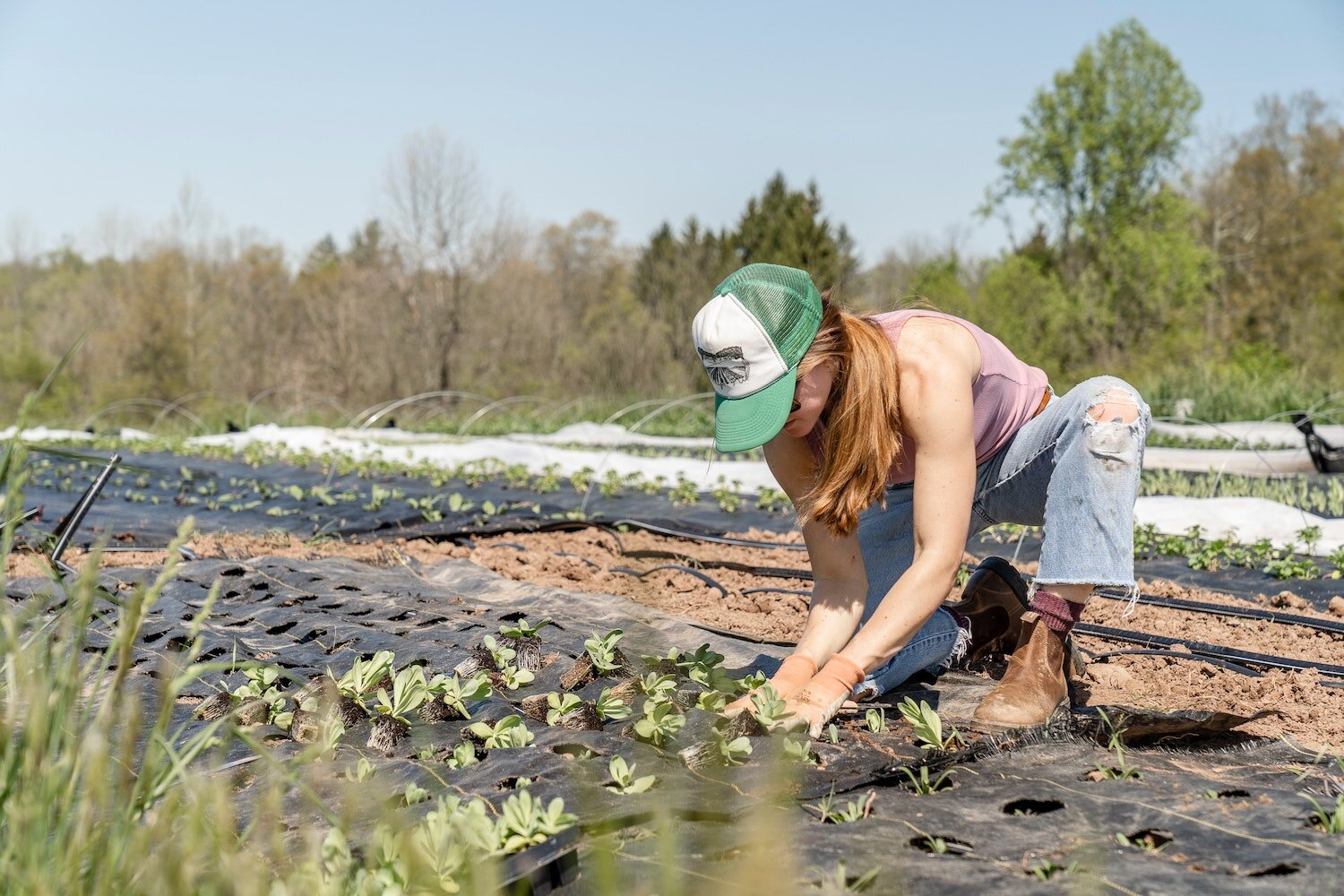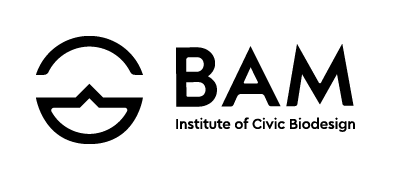
How is our perspective of the system in question shaped by our worldview and value system?
The Institute
Different Curriculum.
Built from the ground up, the BAM Institute has a completely different spin on adult education. Given the fact that we are entering the unknown world of tomorrow, we believe we can no longer wholly lean on education models that were built for a bygone era. Below we break down just how different it is.
Different Resources.
We group our resources into a couple of key areas: Urban Labs, Rural Labs, and Communities. Because the curriculum is so hands-on and highly collaborative we have to have resources that support the various learning objectives.
Different Outcomes.
Its all about skills. What you know how to actually do matters now more than ever. Our Fellows participate in projects with tangible outcomes. No need to write papers that will only be read once. You’ll have a huge portfolio of your work at BAM.

“Everyone thinks of changing the world, but no one thinks of changing himself.” -Leo Tolstoy
Different Curriculum
The BAM Institute of Civic Biodesign is a higher education organization dedicated to raising emergent leaders who deploy whole-system, regenerative strategies through immersive learning in embedded community contexts. Each of these terms requires some unpacking in order to understand just how different the Institute is.
Emergent. Students become mature humans by daring to practice adaptive, emergent patterns. They iterate; they are free to fail. The school itself embraces rapid iteration as the new normal. The Institute rejects the cult of safety which shelters students and staff from true growth.
Whole-system. Students are always thinking about the interrelation of things, examining how elements and subsystems influence one another within a whole. The school itself is unabashedly interdisciplinary. The Institute rejects the culture of specialization and silos.
Regenerative. Students engage in projects that look for “the renewable” and develop “the sustainable.” They learn from nature. The institute itself strives to be self-renewing and self-funded. The Institute rejects pedagogies of short-term gain delivered by unsustainable programs.
Immersive. Students learn in real-world environments where education and action become one. Their campus is on the job site, on the river, in the backyard – wherever holistic education happens. The institute itself is multi-locational. The Institute rejects abstracted classroom learning.
Embedded. Students tackle projects in their community contexts, projects that help the city and region thrive. Research and solutions, while local, aim to be globally relevant. Students work in close partnership with regional businesses, the government, and their personal networks. The Institute rejects educational isolation.
Different Structure
Different Pedagogy
Achieving emergent, whole-system, regenerative, immersive, embedded learning is no small vision. To build such a learning culture, the Institute will structure its curriculum according to the emerging practices of three alternative pedagogies:
project-based, in which learning is done through relevant projects in immersive environments
competency-based, in which educational progress is measured in terms of demonstrated proficiency
network-based, in which the learner taps into a personal network for supervision.




